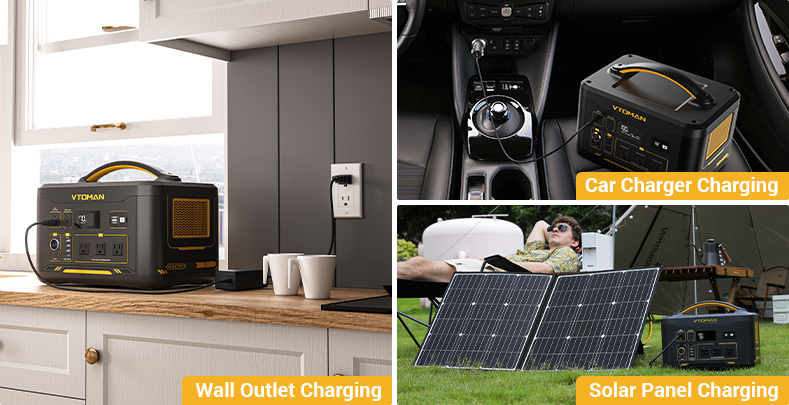Common Mistakes to Avoid When Using a Camping Generator
Cuerpo
When it comes to camping, having a reliable generator can make all the difference in ensuring a comfortable and enjoyable experience. However, there are common mistakes that many campers make when using a camping generator that can lead to inconvenience, safety hazards, and even damage to the generator itself. In this article, we will explore these mistakes and provide you with valuable insights on how to avoid them.

1. Overloading the Generator
One of the most common mistakes campers make when using a camping generator is overloading it. This occurs when the generator is forced to supply more power than it is designed to handle. Overloading can lead to overheating, reduced performance, and even permanent damage to the generator.
To avoid overloading the generator, it is important to calculate the total power requirements of your camping equipment before connecting them to the generator. Make sure to check the wattage ratings of each device and add them up to determine the total power consumption. It is also advisable to leave some headroom to account for any unexpected power spikes.
2. Improper Fuel Management
Another common mistake is improper fuel management. Running out of fuel in the middle of your camping trip can be a major inconvenience, especially if you are in a remote location. On the other hand, storing excess fuel can be hazardous and may violate safety regulations.
To avoid these issues, it is essential to estimate your fuel needs accurately. Consider the generator's fuel consumption rate and the duration of your camping trip. It is always better to carry extra fuel than to run out of it. Additionally, make sure to store the fuel in approved containers and follow proper safety guidelines for transportation and storage.
3. Neglecting Regular Maintenance
A common mistake that many campers make is neglecting regular maintenance of their camping generator. Just like any other mechanical device, generators require periodic maintenance to ensure optimal performance and longevity.
Regular maintenance tasks include checking the oil level, cleaning or replacing the air filter, inspecting the spark plug, and ensuring proper ventilation. By following the manufacturer's guidelines and performing these maintenance tasks regularly, you can prevent breakdowns and extend the lifespan of your camping generator.
4. Ignoring Noise Regulations
One mistake that campers often overlook is ignoring noise regulations when using a camping generator. Excessive noise can disturb fellow campers and wildlife, and may even violate local regulations or campground rules.
To avoid this mistake, choose a camping generator that is specifically designed for quiet operation. Look for generators with noise reduction features such as sound insulation or low-noise mufflers. Additionally, consider the location of your generator and try to place it as far away from camping areas as possible.
By avoiding these common mistakes when using a camping generator, you can ensure a smooth and enjoyable camping experience. Remember to always prioritize safety, follow manufacturer guidelines, and be considerate of your fellow campers.










Comentarios